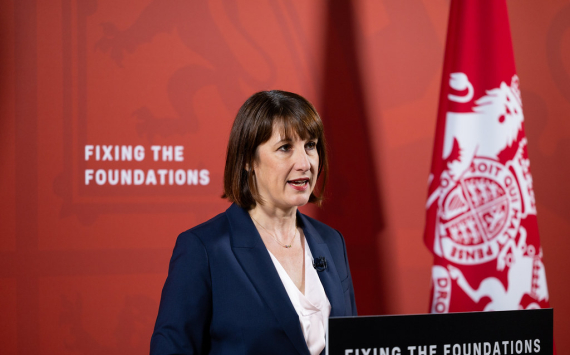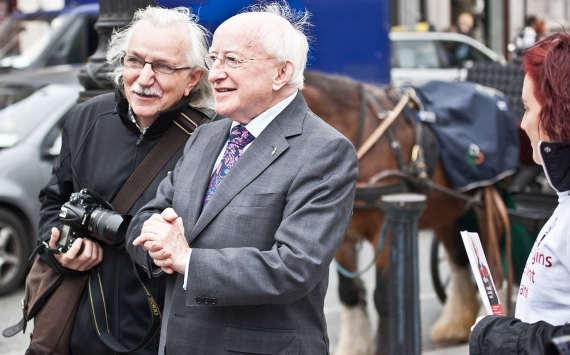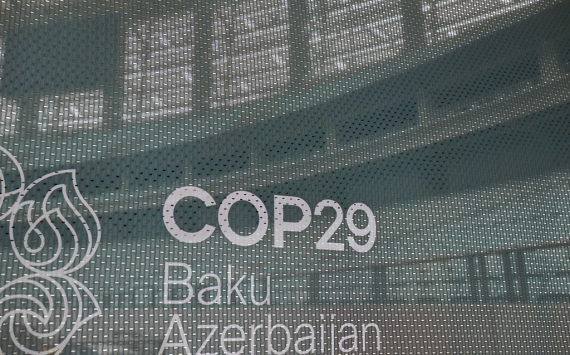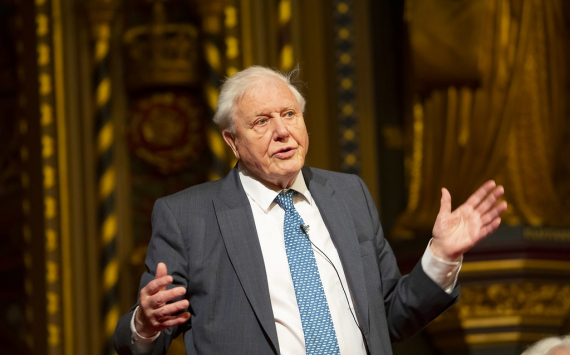
Economic Fallout
Mel Stride has strongly criticized Labour’s decision to impose VAT on private schools and to eliminate winter fuel payments for nearly 10 million pensioners, calling the measures “inept and cruel.”
Stride, a Tory leadership candidate, argued that both policies would have unforeseen “behavioural effects” that could negate any potential savings, labeling the Government as economically illiterate.
The shadow work and pensions secretary highlighted that restricting winter fuel payments to those on pension credit would likely lead to more pensioners applying for the benefit to qualify. He drew parallels to the effects seen when free TV licenses were limited to those on benefits.
He warned: “800,000 qualifying pensioners are not claiming pension credit. If just a quarter now do then cost is £440m plus £50m in winter fuel payments, so half a billion of the supposed savings wiped out. Ignore behavioural effects at your peril.”
Stride also pointed out that imposing VAT on private school fees could lead to closures and an influx of students into the state school system, which would be costly for public finances. Analysis by the Institute for Fiscal Studies suggests that 40,000 students could move to state schools.
Starting this winter, only pensioners receiving pension credit will qualify for winter fuel payments of up to £300. This change will reduce the number of recipients from 11.4 million to 1.5 million, sparking outrage among campaigners, MPs, and the public.
In addition, the Government has confirmed that VAT will be charged on private school fees starting in January. The new Labour government plans to remove the VAT exemption and business rates relief for private schools to fund 6,500 new teachers in state schools.
Treasury Minister James Murray announced a 20% VAT on UK private schools starting January 1, including pre-payments for the new year. Concerns arise about students moving to state schools due to higher fees. Private schools fear closures, says a headteachers’ union. Ms. Reeves aims to address a £22 billion deficit, likely leading to tax increases in the October 30 Budget. Labour promises not to raise national insurance, income tax, or VAT but may consider other tax hikes.








































